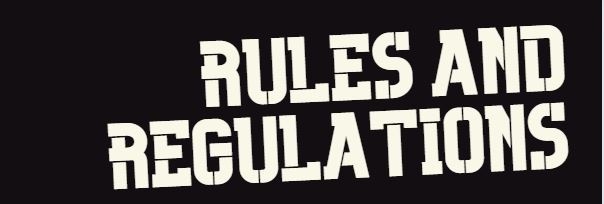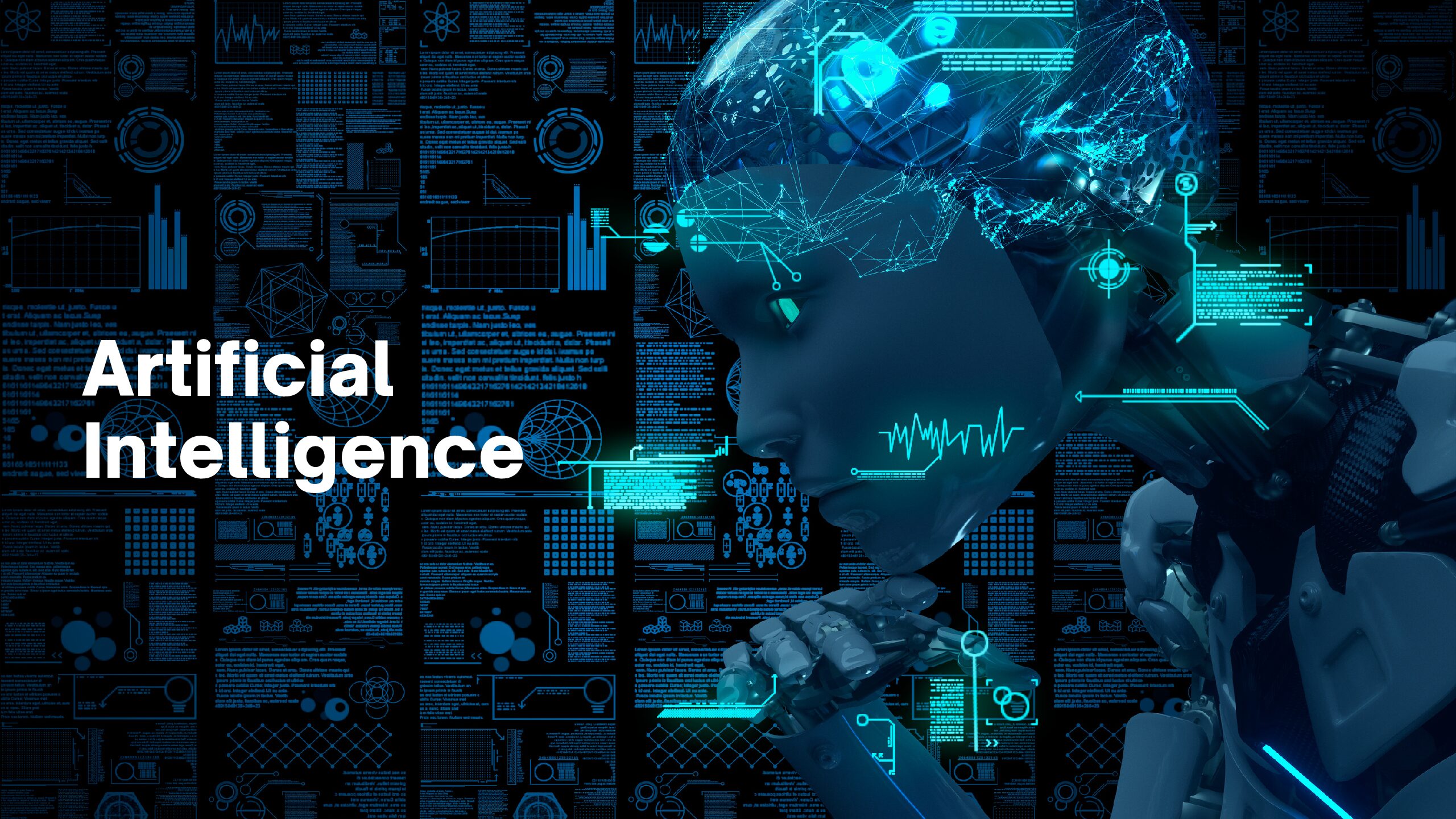Artificial Intelligence (AI) is transforming the workplace. It offers immense potential for employers to enhance efficiency, decision-making, and overall performance. However, as AI is increasingly integrated into hiring decisions and other HR functions, employers must take note of the ethical and regulatory considerations that surround its use.
In this blog we review some of the potential benefits of the use of AI for employers as well as regulations considerations in using AI for hiring decisions.
Potential Benefits of AI for Employers
- Enhanced Efficiency: AI can automate routine tasks, freeing up time for the HR team to focus on strategic activities. Ai can support activities such as sorting through resumes and scheduling interviews, both activities that typically consume significant resources.
- Improve Decision-Making: AI systems can quickly and accurately analyze large volumes of data, providing insights that help employers make informed decisions. This includes identifying trends in employee performance, predicting future hiring needs, and optimizing workforce planning.
- Bias Reduction: When properly designed and implemented, AI can help reduce unconscious bias in hiring decisions. AI can objectively evaluate candidates based on data rather than subjective impressions, leading to more fair and more inclusive hiring practices.
- Cost Savings: Automating aspects of the hiring process can significantly reduce costs. AI can handle initial screenings, reducing the need for extensive human involvement until the later stages of the hiring process. The efficiency can translate into considerable savings.
- Better Candidate Matching: AI-powered tools can analyze job descriptions and candidate profiles to identify the best matches, improving the quality of hires. By considering a broader range of factors, including skills, experience, and cultural fit, AI can help employers find candidates who are more likely to succeed in their roles.

Rules and Regulations Surrounding the Use of AI
While AI offers many benefits, its use in hiring is subject to various restrictions and regulations designed to ensure fairness and protect candidate rights. Employers must be aware of these to avoid legal pitfalls and ethical dilemmas.
- Data Privacy Laws: Regulations like the General Data Protection Regulation (GDPR) in Europe and the California Consumer Privacy Act (CCPA) in the U.S. impose strict requirements on how personal data is collected, stored, and used. Employers must ensure that AI systems comply with these laws, particularly when handling sensitive candidate information.
- Anti-Discrimination Laws: In the U.S., the Equal Employment Opportunity Commission (EEOC) enforces laws that prohibit discrimination based on race, color, religion, sex, national origin, disability, and genetic information. AI systems must be designed to comply with these laws, avoiding biases that could lead to discriminatory practices.
- Transparency and Accountability: Employers must be transparent about their use of AI in hiring decisions. Candidates should be information when AI is used to evaluate their applications and employers should be prepared to explain how AI decisions are made. This transparency is crucial for building trust and ensuring fairness.
- Algorithmic Fairness: AI systems must be regularly audited to ensure that they are fair and unbiased. Employers should work with AI vendors who prioritize ethical AI development and are willing to provide insights into their algorithms’ workings.
- Bias Mitigation: Employers must actively work to mitigate any biases in their AI systems. This involves continuous monitoring, testing, and updating of AI algorithms to ensure they do not perpetuate or exacerbate existing biases.
Beware of Evolving Regulations
To harness the benefits of AI while navigating its regulatory landscape, employers need to keep up to date with the latest regulatory landscape and best practices related to AI in hiring. The AI regulations are evolving – and vary by jurisdictions. Employers must constantly monitor to ensure that they remain aware of the most recent regulations. Additionally, employers must regularly audit AI systems to ensure that they are fair, unbiased, and compliant with relevant laws. Finally, success will require collaboration of all stakeholders – HR, legal, and IT teams – to ensure that the AI systems that are implemented reflect a holistic approach.
Where Can You Find Out More?
Using AI to remove bias from hiring decision-making:
How AI will change HR and the workforce:
- AI impact on the workforce
- Adjustments as AI is introduced to the workforce
- How AI will change the role of HR
AI and Data Privacy
- European Data Privacy Laws
- California Consumer Privacy Act
- Protecting Privacy when using Artificial Intelligence Algorithms





0 Comments